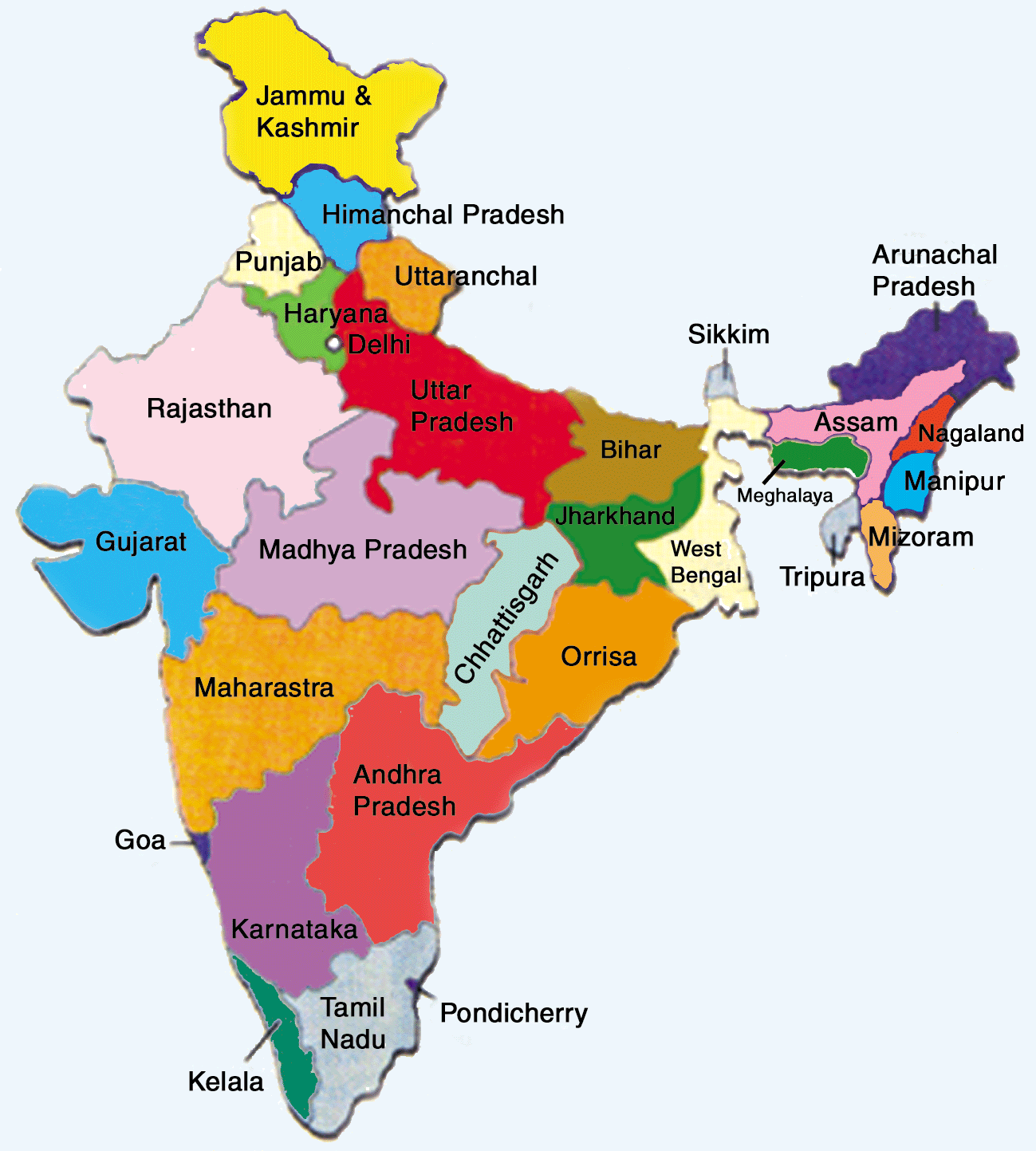
Are you guilty under Malaysian law if you commit offence overseas?
Not published yet ago Devraj NagarajanImagine a situation where you’ve been sued in a foreign country for not paying your debt and the court ask you to pay. Although the above situation highly unlikely to occur, it did happen back in 2005, involving the former Chief Minister of Sabah and former UMNO supreme council member. Datuk Seri Osu Haji Sukam was sued by a casino for owing £1.05 million or RM7,142,859.98 that have not been paid. In the affidavit filed by a representative of the casino revealed that he actually had gambled away a total of £23.49million (RM156.45million) in just seven months.

But how can a decision made in a foreign court can be enforced in Malaysia? We have something called Reciprocal Enforcement of Judgments Act 1958 commonly known as REJA. The act functions to help the person who the court of a foreign country had decided in their favour. REJA provides the room to seek recognition and enforcement of that foreign judgment in Malaysia but on a reciprocal basis.
The Malaysian courts usually assist on some areas such as maintenance orders, arbitral awards and probate and letters of administration issued by the Courts of Probate in the Commonwealth. It involves monetary judgements only and for non-monetary judgements the common law is used. How did the act was founded in the first place?
How did it all started?
Back in the 17th century the English courts began to help other countries court due to the mutual benefits and fear that English judgement won’t be enforced in other countries.

It was based on two doctrines namely, the doctrine of comity and then replaced by doctrine of obligations which are part and parcel of some International Law principles. In Malaysia, it was first introduced in the Straits Settlements in 1921 followed by the Federated Malay States (Selangor, Perak, Negeri 9 and Pahang). After independence the REJA 1958 that we have now was introduced. The principle now is more to reciprocal rather than the doctrines mentioned above. To put it simple it’s like the idiom, “you scratch my back and I’ll scratch yours”.
One thing about REJA is that it can only be applied for seven countries listed in the First Schedule of the Act which are United Kingdom, Singapore, Brunei Darussalam, New Zealand, India or the Hong Kong (Special Administrative Region of the People’s Republic of China). But in India it’s a bit special because REJA is inapplicable in the State of Jammu and Kashmir, State of Manipur, Tribal areas of State of Assam, Scheduled areas of the States of Madras and Andhra.

That only ah? Well, section 3(2) says that the Yang di-Pertuan Agong (YDPA) may with the advice of cabinet, order to add any country or territory for REJA to extend. The only condition is that the YDPA must be satisfied that with such extension, substantial reciprocity of treatment would be assured as respects the enforcement in that country or territory of judgments given in the High Court of Malaysia. Give and take policy in simple terms.
So, what are the conditions need to be followed?
When there is a judgement made in a foreign court it can be enforced in Malaysia but subject to some conditions under REJA. Malaysian court decisions also can be enforced in other countries that have their own type of REJA, for example in Singapore they have something called Reciprocal Enforcement of Foreign Judgments Act REFJA (1959).
REJA is applied only to court decisions made in the superior courts of reciprocating countries specified in the Act. We wrote previously about the hierarchy of courts in Malaysia. For example if the judgement is from UK High Court then can apply to enforce the judgement in Malaysian High Courts.
Besides that, REJA imposes a limitation period of six years. The time starts from the date of the judgment for the registration and enforcement of all foreign judgments. So, if you get a judgement and you didn’t enforce it in 6 years then you can say bye-bye to your victory. It is similar to the contracts limitation time.
Next, the judgement must be final and conclusive as between the parties, which means no further disputation. But an appeal may be pending against it or that it may still be subject to appeal in a superior court in that country and for a definite sum of money. Recently A foreign default judgment was also considered as “final and conclusive”. Dr Choong Yeow Choy, a law lecturer in University of Malaya said that to be regarded as final and conclusive is still dependent on the background and facts of the case.
So, let’s say for example you’re a foreigner and you sued a hotel for negligence. The hotel can ask for security for costs just in case the judgement is not in your favour. There is still a claim going on to decide something called interlocutory application before the main trial resumes thus it cannot be concluded as final judgement.
The enforcement may be challenged on several grounds
Not every judgment entitled to recognition may be enforced in Malaysia. Foreign judgment must first be recognized. According to section 5 of REJA, the person whom a judgement was registered against must prove why the judgement should not be enforced on him. The act also provides the reasons reasons a person can use when he wants to reject application made against him.
1. That the judgment is not a judgment of a superior court of a reciprocating country or was registered in contravention of the REJA;
It might be a lower court’s decision, or the court does not have power to make decision.
2. That the court of the country of the original court had no jurisdiction in the circumstances of the case;
The Act is based on reciprocity and not on the comity of nation. If the defendant does not submit to the jurisdiction of the foreign court, even though if he has been duly served with the process of that court the registration of the foreign judgment obtained against him in default will be set aside. A person is said to submit to jurisdiction when he enters defence or when he is voluntarily present whether temporarily or permanently in the foreign country at the time the action was started.
3. That the person judgment debtor, being a defendant in the proceedings in the original court, did not receive notice of those proceedings in sufficient time to enable him to defend the proceedings and did not appear;
4. That the judgement was obtained by fraud;
When a judgment was obtained by fraud, it is not important if the defendant know in the foreign court about it and he could raise it there. It’s enough to just show the court has been deceived.
5. That the enforcement of the judgment would be contrary to public policy;
This one was raised in the Datuk Seri Sukam’s case. Public policy means principle which declares that no man can lawfully do that which has a tendency to be injurious to the public welfare. For example our Rukun Negara is also a public policy
6. That the rights under the judgment are not vested in the person by whom the application for registration was made
The clash of Chins
Generally a claim for gambling debt incurred outside Malaysia can be enforced in Malaysia. That’s the principle of law and also approved by Justice Eusoff Chin in Aspinall Curzon Ltd v Khoo Teck Hong case back in 1991. The defendant argued that the judgement should not be enforced because it was given for illegal consideration, or alternatively that the judgment was for gambling debt, and being against public policy.
The judge said that the cheques were given in exchange for cash and gaming chips for gaming at a licensed gaming casino and not an unlawful purpose by the law of England. It is also not illegal if done in Malaysia if done in a gaming premises licensed by the Finance Minister under the Common Gaming House Act 1953.
Fast forward to 2005 to the Ritz Hotel Casino Ltd v Datuk Seri Osu Haji Sukam case, the enforcement of a foreign judgment based on a gambling debt was refused by the High Court of Kota Kinabalu on the ground that the enforcement would be contrary to public policy in Malaysia.

Justice Ian Chin in his judgement rejected the application to enforce the foreign judgement in Malaysia. He said that ‘Belief in God’ and ‘Good Social Behavior’, which are the core of the Rukun Negara prevents for a claim for gambling debt should not be allowed. Ian Chin didn’t want to follow Eusoff Chin saying that case never considered the matters he had mentioned.

He further said that gambling is injurious to the public welfare as being against the Rukun Negara and even equated a casino business with that of prostitution. His decision was subsequently overturned by the Court of Appeal in the end.
Cases where local judgement considered or accepted in foreign country
Perusahaan Otomobil Elektrik Malaysia (POEM) was a joint venture between TNB with a British company Frazer-Nash, which started in 1997 because of Frazer-Nash’s proposal for the development, manufacture and sale of electric vehicles. The joint venture broke down just three years later.
So TNB made some agreement with Frazer so that Frazer repay their debts to TNB which they defaulted. TNB sued them but Frazer did not appear in the court. When the defendant being sued but did not appear, a judgement in default will be entered.
Another private company also made a claim for debt recovery and wound up (making a company bankrupt) POEM. The English court said that they respect the Malaysian Federal Court and want the matter to be settled in Malaysia before it can be applied in England. The judge said that “it would cause some embarrassment if the English High Court were to allow enforcement in this jurisdiction while the Federal Court decided to entertain the intended appeal.”
But how if the country is not in the REJA list or is from a lower courts?
Where the foreign judgment is not listed in REJA, the common law alone supplies both the rules for recognition and enforcement and the procedure for enforcement. But the judgment creditor who wishes to enforce a foreign judgment at common law will have to start a fresh suit.
In a case at the Penang High Court [PNG Oxygen Limited v Lim Kok Chuan [2018] 1 LNS 237] involving a company in Papua New Guinea (PNG), sued a Malaysian man for unpaid debts and damages for selling their assets for a low price. He was sued in Papuan court and the company applied for the judgement to be enforced in Malaysia.
The defendant argued PNG is not in the REJA’s list but the plaintiff said they can enforce it by way of an action in common law. The High Court agreed with the plaintiff and ordered the defendant to follow the PNG court’s order.

In fact, judgments from the subordinate/lower courts in a reciprocating country will still can be enforced using the common law framework.
All in all remember that you kenot escape the ‘long arms’ of law!
A foreign judgment to which the REJA applies can only be enforced through registration of the judgment. Once registered, the foreign judgments may be enforced like any Malaysian judgment.
Now that we know about REJA, it’s clear that we cannot avoid paying debt. The countries under REJA can always be added and the court as in the Papuan case will use common law to do justice.